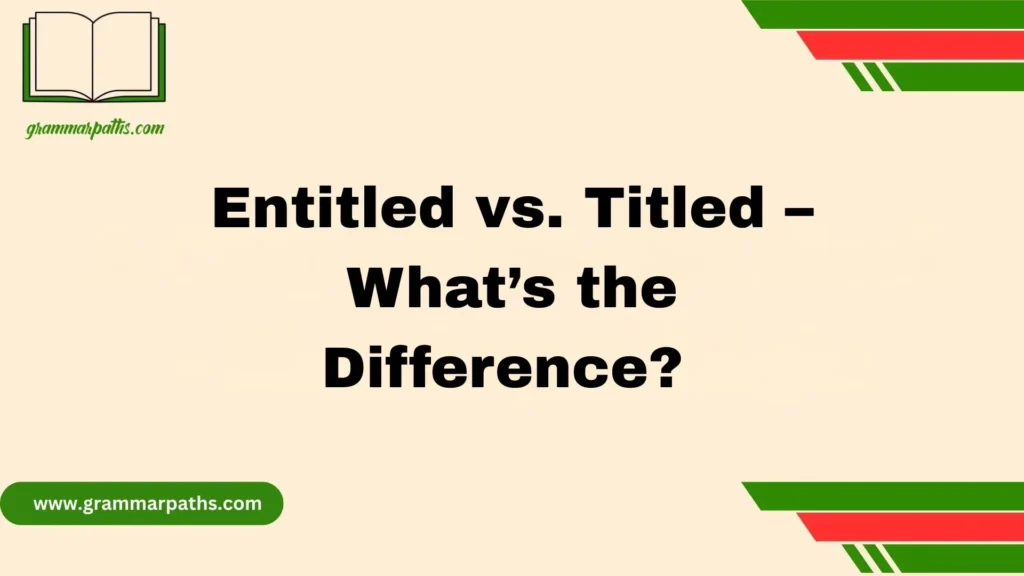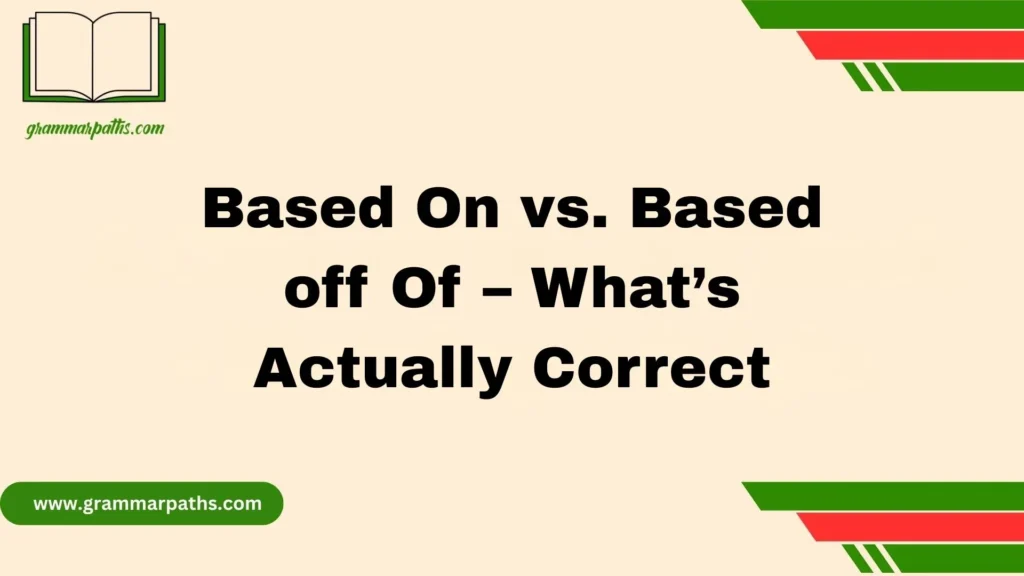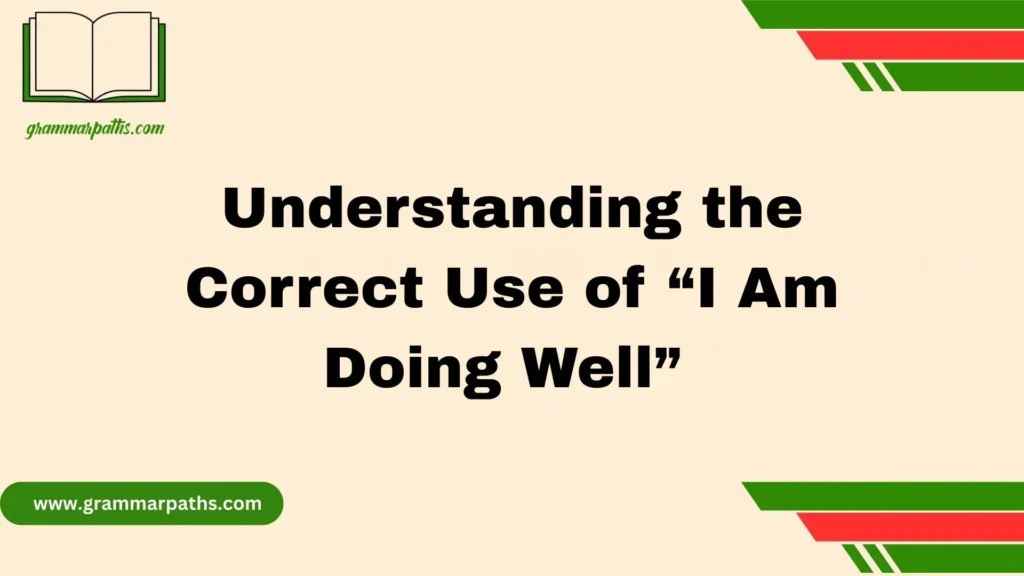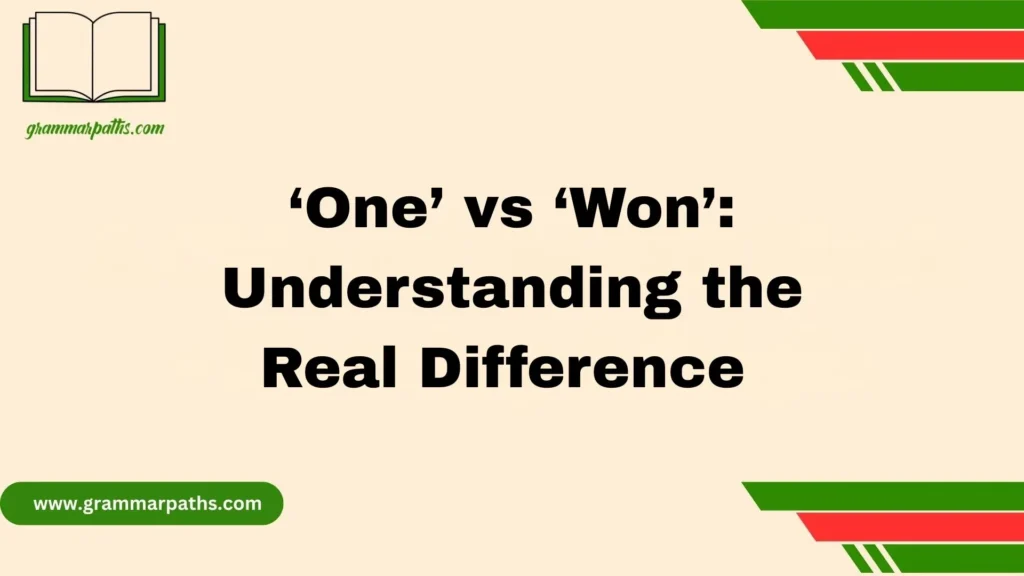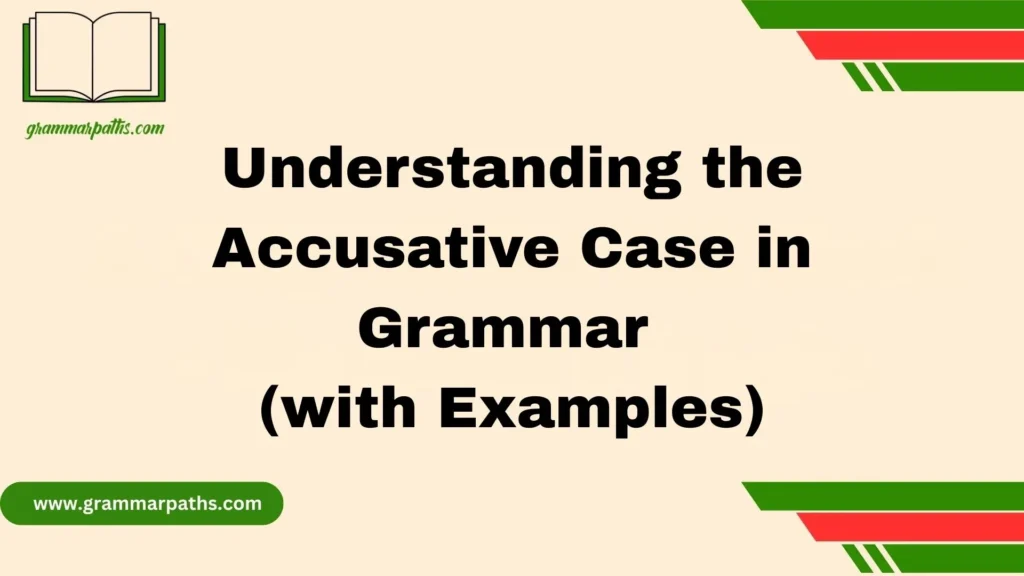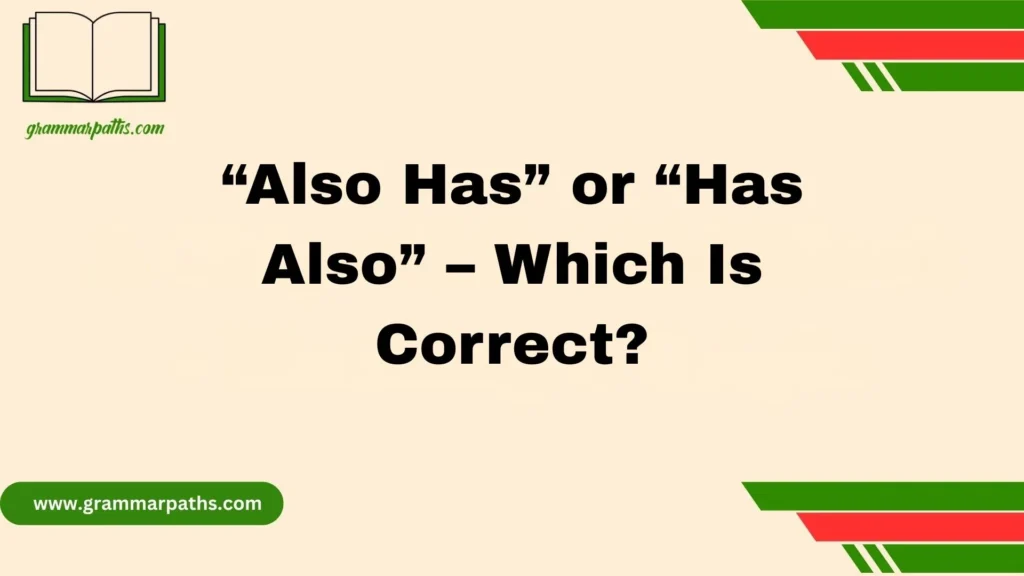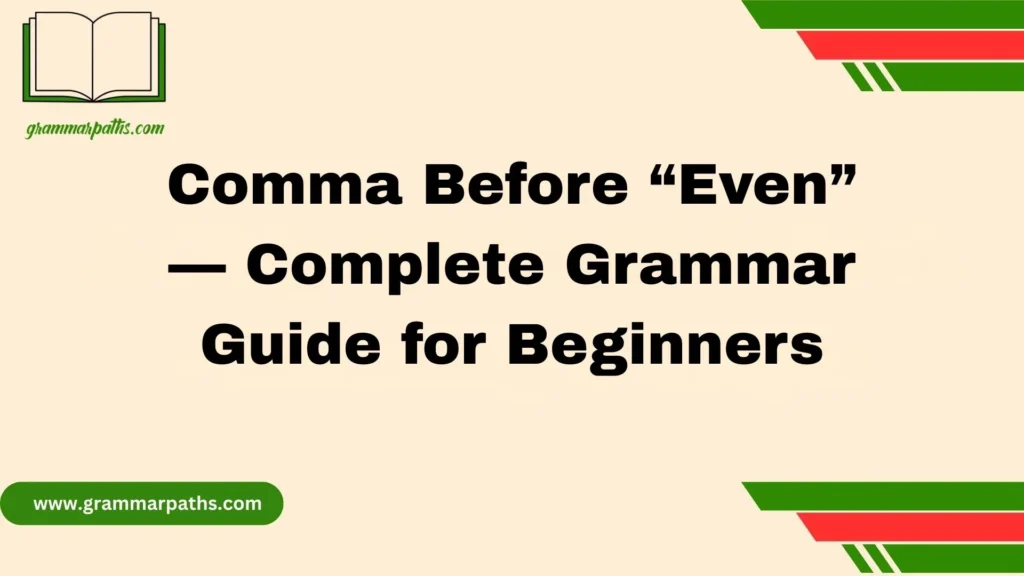People often get confused when they see two similar-looking words like appal and appall. Though they sound the same, the spellings are different. The key difference lies in the usage across British and American English. Appal” is the preferred spelling in British, while “appall” is used more often in American English. Both versions mean the same thing—to cause shock, horror, or disgust. The distinction between appal and appall might seem minor, but the question of “Appal vs. Appall – What’s the Difference?” is crucial for writers working globally.
However, choosing the correct form based on your audience’s regional background helps maintain clarity and professionalism. Writers must remain aware of these details to write confidently when communicating across regions. Being intentional with your spelling choices builds trust with your reader and shows that you’re aware of regional distinctions in the language.
Why This Confuses So Many Writers
At first glance, “appal” and “appall” look like spelling errors of one another. Yet, both are legitimate in the English language.
- “Appal” is the preferred spelling in British English.
- “Appall” is the standard in American English.
It’s not a question of right or wrong—it’s about where and how you’re writing. Mistaking one for the other can make your writing appear inconsistent or even careless, especially in formal documents.
Let’s untangle the rest.
Quick Answer: Appal vs. Appall
| Spelling | Region | Example | Correct Use |
| Appal | British English | “That policy will appal voters.” | Writing for UK audience |
| Appall | American English | “That policy will appall voters.” | Writing for US audience |
Remember this trick:
If you’re writing for the Queen (UK), use “appal”.
If you’re writing for the President (US), use “appall.”
Definition and Meaning of Appal and Appall
Both words mean exactly the same thing. They express shock, horror, or disgust—usually in reaction to something morally or emotionally distressing.
Definition:
- To appall/appal (verb): To horrify, to cause intense dismay or shock.
Example Sentences:
- The cruelty of the experiment appalled the public.
- She was appalled by the living conditions.
Despite the spelling difference, the tone and emotional impact remain identical.
Origin and Etymology of the Word
The roots of both “appal” and “appall” trace back to Middle English, derived from the Old French word apalir, meaning “to grow pale.” Originally, the term had a physical meaning—someone so shocked they turned white.
Timeline: Evolution of the Word
| Year | Development | Origin/Influence |
| 1300s | Appallen (Middle English) | From Old French apalir |
| 1500s | Used figuratively in writing | “To shock or horrify” |
| 1800s | Divergence in spelling begins | British vs. American use |
The American spelling “appall” gained traction during the 19th century due to spelling reforms initiated by Noah Webster, who advocated for simplified forms in American English.
Spelling Differences by Region
British English (UK, Australia, India, etc.):
- ✅ Preferred: appal
- Seen in: The Guardian, BBC, The Times
American English (US, Canada):
- ✅ Preferred: appall
- Seen in: The New York Times, CNN, The Washington Post
Why the Difference?
American spelling often doubles the final consonant before suffixes. This happens with other words too:
| British Spelling | American Spelling | Example Sentence |
| travel(l)ed | traveled | We traveled the country. |
| enrol(l)ed | enrolled | He enrolled in college. |
| fulfil(l) | fulfill | I hope to fulfill my dream. |
Real-World Usage: What the Data Reveals
Google Ngram Viewer (1800–2019)
Key Insight:
- “Appall” began rising in frequency in the United States around 1820, eventually overtaking “appal” by a wide margin.
- “Appal” still retains notable usage in the UK and Commonwealth nations.
COCA (Corpus of Contemporary American English)
| Word | Frequency per million words | Top Sources |
| Appall | 3.47 | News, Academic |
| Appal | <0.5 | Foreign Imports |
British National Corpus (BNC)
| Word | Frequency per million words | Top Sources |
| Appal | 5.3 | Newspapers, Fiction |
| Appall | 0.7 | Imported Texts |
Clearly, region dictates spelling. Use the version appropriate to your target audience.
How to Use “Appal” and “Appall” in a Sentence
British English Examples
- “The government’s inaction will appal many voters.”
- “It’s a move that should appal anyone with a conscience.”
American English Examples
- “The violence in the footage appalled the viewers.”
- “I was absolutely appalled by the decision.”
Both words are strong, emotional verbs—best used when describing outrage, moral horror, or deep concern.
Appalled, Appalling, and Other Forms
Let’s break down the verb into all its grammatical forms:
Conjugation Table
| Tense | British (Appal) | American (Appall) |
| Present Simple | appal/appals | appall/appalls |
| Past Simple | appalled | appalled |
| Present Participle | appalling | appalling |
| Past Participle | appalled | appalled |
No difference in tense—only in spelling.
Using “Appalling” as an Adjective
Definition: Something extremely bad or horrifying.
Example Uses:
- “They lived in appalling conditions.”
- “The appalling noise made it hard to sleep.”
Often used to describe:
- Human rights violations
- Natural disasters
- Poor service or behavior
Synonyms and Alternatives
Sometimes, it’s better to switch things up. Here are strong alternatives depending on tone and intensity:
| Original | Synonyms | Nuance or Use Case |
| Appall | horrify, dismay | General reaction to horror |
| Appalling | dreadful, ghastly | To describe negative conditions |
| Appalled | shocked, outraged | Personal emotional reaction |
Use synonyms when repeating “appall” too frequently in a paragraph.
Examples from Literature, Media & News
British Literature
- “The greed of the aristocracy would appal even the most cynical.” – The Guardian
American News
- “The leaked footage appalled lawmakers on both sides.” – CNN
Famous Quote:
“We are appalled by the silence of good people more than the actions of the wicked.”
— Martin Luther King Jr. (paraphrased)
These examples show how the word carries weight in serious discussions.
Historical Linguistic Shifts & Influence
During the early 1800s, American lexicographer Noah Webster spearheaded reforms to distinguish American English from British. He removed unnecessary letters to simplify spelling, which gave rise to:
- Color vs. Colour
- Center vs. Centre
- Appall vs. Appal
Over time, these changes became standard. British English kept the traditional spellings, leading to today’s divergence.
Common Mistakes to Avoid
Don’t Mix Forms in the Same Document
Wrong: “The movie will appal American audiences and appall British ones.”
Fix: Stay consistent—use one form based on your audience.
Don’t Assume Appal is a Misspelling
Spell checkers may flag “appal” as incorrect in US English—but it’s 100% correct in British English.
Don’t Overuse It
The word is strong. Overusing it can dilute its impact.
Which Version Should You Use?
Here’s a simple breakdown based on your audience:
| If You’re Writing For… | Use This Spelling |
| A UK newspaper | Appal |
| An American legal journal | Appall |
| International organization | Appall (US default tends to dominate) |
| Academic article in UK | Appal |
When in doubt, follow the style guide or regional preference of your publisher or organization.
Quick Reference Summary Table
| Feature | Appal (UK) | Appall (US) |
| Spelling Region | UK/Commonwealth | US/Canada |
| Frequency | Less common globally | More common |
| Example Sentence | “That will appal them.” | “That will appall them.” |
| Acceptability | UK, International | US, International |
| Related Forms | appalled, appalling | appalled, appalling |
| Common Mistake | Treated as typo in US | None |
Self-Test Quiz – Check Your Understanding
- Which version is correct for a Canadian audience?
- a) Appal
- b) Appall ✅
- a) Appal
- True or False: Both “appal” and “appall” have different meanings.
- ❌ False
- ❌ False
- What does “appalling” mean as an adjective?
- a) Delightful
- b) Horrifying ✅
- a) Delightful
- Choose the correct version:
- “The policy will _____ voters across the country.”
- ✅ a) Appall
- b) Appal (if UK audience)
- “The policy will _____ voters across the country.”
Conclusion:
Understanding the difference between appal and appall is more than just a spelling issue—it reflects respect for your audience and awareness of language standards. While British English prefers appal and American English uses appall, both carry the same meaning: to express shock, horror, or disgust. By using the correct regional form, writers maintain clarity and professionalism across different cultures.
FAQs:
What does “appal” mean?
Appal means to shock, horrify, or deeply upset someone. It is commonly used in British English and has the same meaning as appall.
What does “appall” mean?
Appall also means to cause shock or disgust, but it is the standard spelling in American English. Both words are identical in meaning.
Is one spelling more correct than the other?
No, neither is more correct. “Appal” is correct in British English, and “appall” is correct in American English. Use the one that matches your audience.
Can I use “appal” in American English writing?
It’s better to avoid it. Using “appal” in American writing may seem like a spelling mistake. Use “appall” to match local standards and ensure clarity.
How can I remember which to use?
A simple trick: Appal = UK (shorter word, like UK), Appall = US (double “L”, like the larger country). Think of your audience’s location and choose accordingly.

Emma Brooke is a passionate language expert and contributor at GrammarPaths.com, where she helps learners navigate the complexities of English grammar, idioms, and effective writing. With a strong academic background and years of teaching experience, Emma excels at turning tricky grammar rules into simple, practical lessons that readers can easily grasp.

